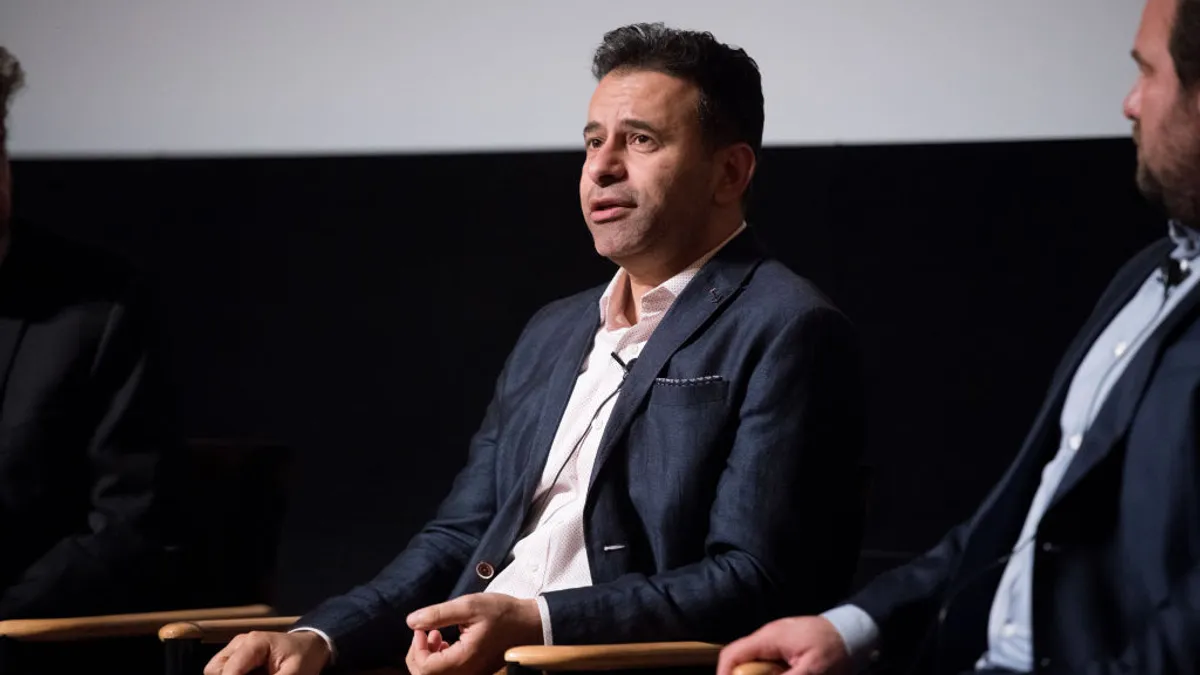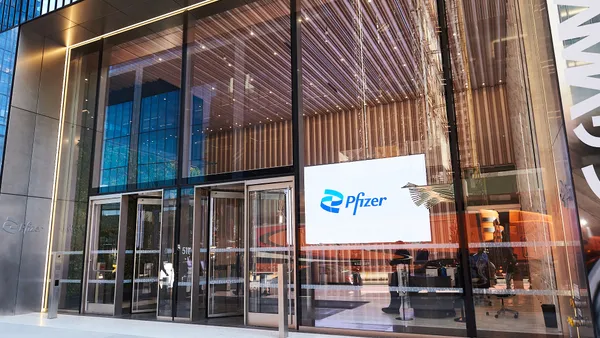A Fearless look at a workshop worth its salt
 When was the last time you attended a workshop or training session that felt worth the volume of unopened email and loss of billable work time? We often spend workshops checking our phones and sneaking peeks at the agenda to see when the next coffee break is.
When was the last time you attended a workshop or training session that felt worth the volume of unopened email and loss of billable work time? We often spend workshops checking our phones and sneaking peeks at the agenda to see when the next coffee break is.
Recently I was invited to attend a WPP Accord Program workshop designed to “bring senior people together from all of the WPP companies to discuss common business issues and to help each other find solutions." The somewhat general title belied the very pertinent content— client pricing and scope negotiations, facing procurement with confidence, and unleashing skills to successfully sell in business for what it is worth vs the cost: YES, WE HAVE WORTH!
While admittedly the bar may have been set rather low in my cynical mind, this turned out to be one of the best workshops I have ever attended. Why? Because of the simplicity and candid nature of the session. Seemingly obvious principles were relevantly applied to the pricing challenges we face daily in our client interactions. Some examples of these basic concepts are:
- You will never be paid more than you think you are worth. So true! And not relevant only to client finances. Much of the workshop content was applicable to life outside the office. If I don’t think I’m worth a promotion or a raise, why should anyone else?
- Don’t give it away for free. Why do we think we have to lowball our fees in order to sell in business? Of course clients will say yes to low(er) prices. But if we keep undercutting our prices, the benchmark drops lower and lower backing us into the “mom and pop" agency category.
- Value is subjective. The same item will have different value to different people. This is the classy version of “One man’s trash is another man’s treasure."
The idea of subjective value supports conversations around price of our services vs cost. Cost is defined as the time (ie, hours or labor) necessary to complete a particular service—“the inputs." Price is the amount of money or goods exchanged for an item or service. Conversations grounded in price take into consideration inputs as well as outputs, and ideally, outcomes—which have the greatest value to our clients, and thus provide a better platform for discussing and negotiating financials. Because every client has different needs and priorities, pricing conversations are more customized to our clients’ business.
CHOICE MATTERS: would you go to a yogurt shop that sold only vanilla?
Our clients like the control that comes with choosing a price. So why do we usually provide just one proposal with one price associated with it? Clients like the power of rejection—it’s why we show more creative concepts vs fewer—to proactively give our clients something to throw out. We need to take the “Olympic medal" approach with our pricing proposals, offering bronze, silver, and gold levels that reflect increasing degrees of services provided. This allows our clients to retain the power of rejection—yet keeps the Agency in the driver’s seat and upholds our value. A good rule of thumb—make the proposal you want the client to select be the middle option.
- The responsibility of pricing proposals and negotiations should never rest on one person. The workshop recommended a Pricing Council to support an established Pricing Strategy, and to review and approve all client proposals. If and when a client challenges a proposal, the Pricing Council can help defend it and negotiate on the Agency’s behalf. This reduces the pressure on the owners of the client relationship; those of us in account services know how difficult it can be to maintain a strong working client relationship in the midst of financial stress and tension. Deferring to a Pricing Council punts the power and key financial decisions to a higher order, while maintaining the integrity of the client relationship.
Client negotiations around budget and pricing can be one of the most sensitive components of our job. We focus so heavily on pleasing our clients that it can be awkward to broach financial negotiations that, by nature, must be devoid of any emotional element to be diplomatic and productive. The Accord workshop focused on addressing that challenge head-on with simple and immediately actionable client business solutions.
Tara Bernardino, MSc
Vice President, Management Supervisor
Sudler New York










